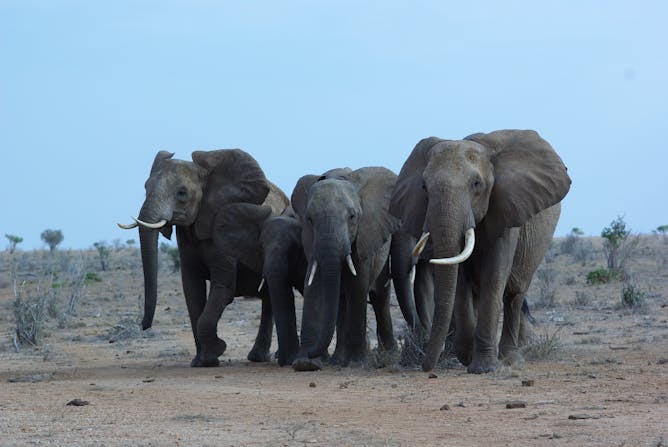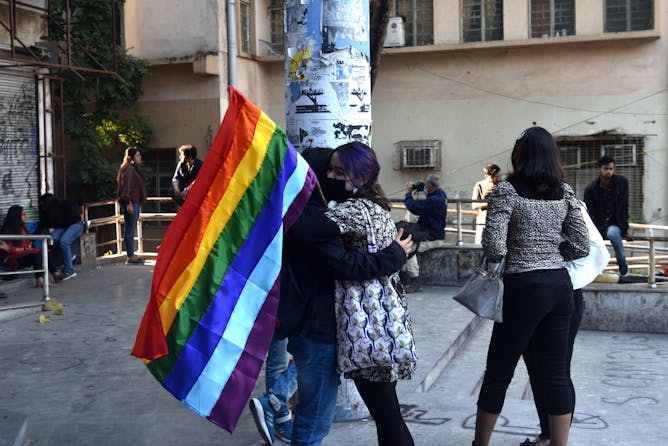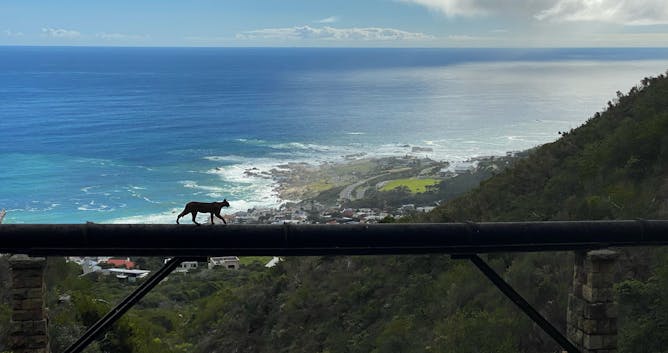|
South African soprano Pretty Yende is already a major international star at just 38. Today, when she performs by special invitation at the coronation of King Charles III she will become a global household name. There's a good measure of irony at play in her presence at this event. Opera, a Eurocentric art form, has produced numerous black South African stars, bred from traditions established by British missionaries to the country but mostly through choirs and communal singing. Yende's performance in London, writes Thembela Vokwana, is proof of this community's creative resilience in overcoming oppression - and, of course, her incredible talent.
Power cuts have become part of everyday life in South Africa. Sometimes they last for days. A lot of attention has been given to the economic impact of the unstable electricity grid. But there are also direct and very personal costs. For example, sometimes people have to throw away food that’s gone bad. Lise Korsten shares some tips for managing food better and avoiding illness.
|

|
Charl Blignaut
Arts, Culture and Society Editor
|
|

Thembela Vokwana, University of Fort Hare
Singing at King Charles III’s coronation tells a story of global histories coming full circle.
|

Lise Korsten, University of Pretoria
The era of stocking pantries and keeping our fridges and freezers full is over.
|

Ara Monadjem, University of Eswatini
Africa’s mammals are a global treasure that must be protected.
|
Politics
|
-
May Darwich, University of Birmingham
There is a risk that Sudan’s conflict could spill over into neighbouring countries.
-
David E Kiwuwa, University of Nottingham
It’s a near certainty that Kagame will be here for some time to come; but as Rwanda looks to the future, it may need or indeed demand a change of guard.
|
|
Health + Medicine
|

Suntosh R Pillay, University of KwaZulu-Natal
The proposed law reinforces unscientific conversion practices – or so-called reparative therapies – that don’t work.
|
Arts, Culture + Society
|
-
Puleng Segalo, University of South Africa; Theresah Patrine Ennin, University of Cape Coast
A psychologist and a literary scholar analyse Faceless, a powerful novel about homeless children - and their mothers.
-
Laryea Akwetteh, University of Ghana
The ban on noisemaking in Accra has been known to cause tension in the city.
|
|
Environment
|

Gabriella Leighton, Rhodes University; Jacqueline Bishop, University of Cape Town
Caracals are most likely being exposed to metals like arsenic, lead and mercury through their diet.
|
Business + Economy
|
-
James Sumberg, Institute of Development Studies; Rachel Sabates-Wheeler, Institute of Development Studies
Children working on family farms is often mistaken for harmful child labour.
-
Stephen Onyeiwu, Allegheny College
Fuel subsidy removal can benefit workers and poor Nigerians, if the process is carefully managed and implemented.
-
Leila Patel, University of Johannesburg
As much as 31% of grant beneficiaries engage in informal work to ‘grow’ their income.
|
|
Education
|

Gideon Boadu, University of Newcastle
There are many ways in which history teachers can support students in developing curious minds.
|
| |
|
|
|
|
| |
| |
| |
Would you like to republish any of these articles?
|
|
It’s free to republish, here are the guidelines.
Contact us on africa-republish@theconversation.com in case you need assistance.
|
| |
| |
| |
| |
|
|